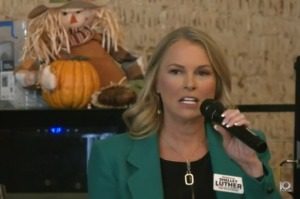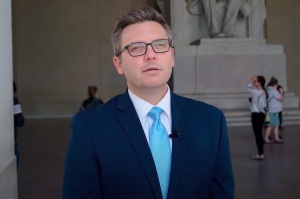Did Hillary Clinton Push Sale of Stinger Missiles to al-Qaeda in Benghazi?
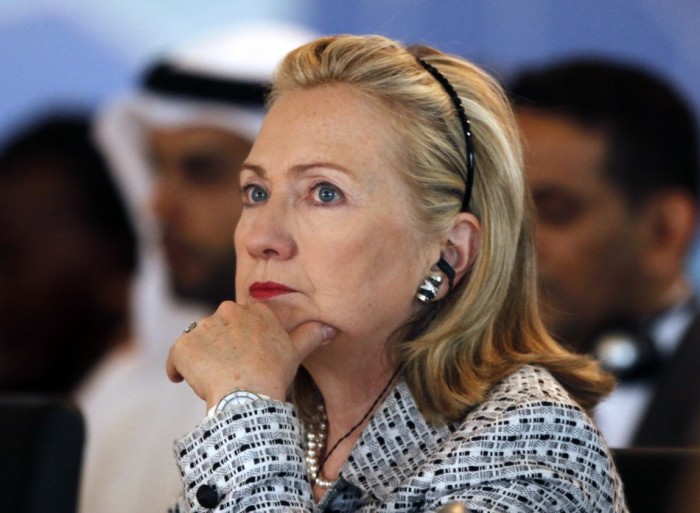
Two former U.S. diplomats are reporting that whistleblowers are getting ready to reveal information that might turn the simmering Benghazi scandal into an explosive fiasco for both former Secretary of State Hillary Rodham Clinton and President Barack Obama.
According to a PJ Media report, the whistleblowers who are colleagues of the ex-diplomats are now securing lawyers because the areas in which they work aren't fully covered by the Whistleblower law.
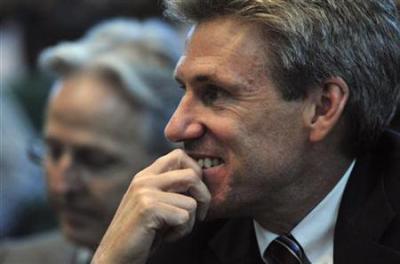
PJ Media also noted that while the information "is largely hearsay…the two diplomats sounded quite credible. One of them was in a position of responsibility in a dangerous area of Iraq in 2004."
The revelations according to the diplomats will focus on Ambassador Chris Stevens' real purpose in Benghazi. Ambassador Stevens was killed during a controversial attack on the U.S. consulate on September 11 in Benghazi last year.
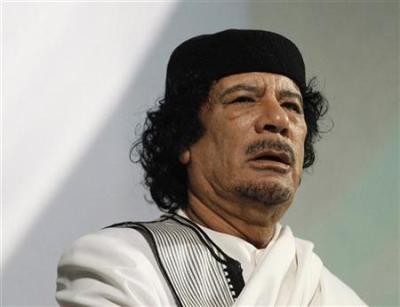
"Stevens' mission in Benghazi, they will say, was to buy back Stinger missiles from al-Qaeda groups issued to them by the State Department, not by the CIA. Such a mission would usually be a CIA effort, but the intelligence agency had opposed the idea because of the high risk involved in arming 'insurgents' with powerful weapons that endanger civilian aircraft," said the report.
However, it continued: "Hillary Clinton still wanted to proceed because, in part, as one of the diplomats said, she wanted 'to overthrow Gaddafi on the cheap.'" Muammar Gaddafi, the former Libyan leader, was killed on October 20, 2011.
But according to the report, Clinton's decision on Gaddafi allegedly "left Stevens in the position of having to clean up the scandalous enterprise when it became clear that the 'insurgents' actually were al-Qaeda – indeed, in the view of one of the diplomats, the same group that attacked the consulate and ended up killing Stevens."
The whistleblowers are also expected to reveal how General Carter Ham, then leader of U.S. Africa Command (AFRICOM) was pressured not to act to protect jeopardized U.S. personnel in Libya.
"Military contacts of the diplomats tell them that AFRICOM had Special Ops 'assets in place that could have come to the aid of the Benghazi consulate immediately (not in six hours),'" said the report.
"Ham was told by the White House not to send the aid to the trapped men, but Ham decided to disobey and did so anyway, whereupon the White House 'called his deputy and had the deputy threaten to relieve Ham of his command.'"
Ham retired quietly in April 2013 as head of AFRICOM.

















